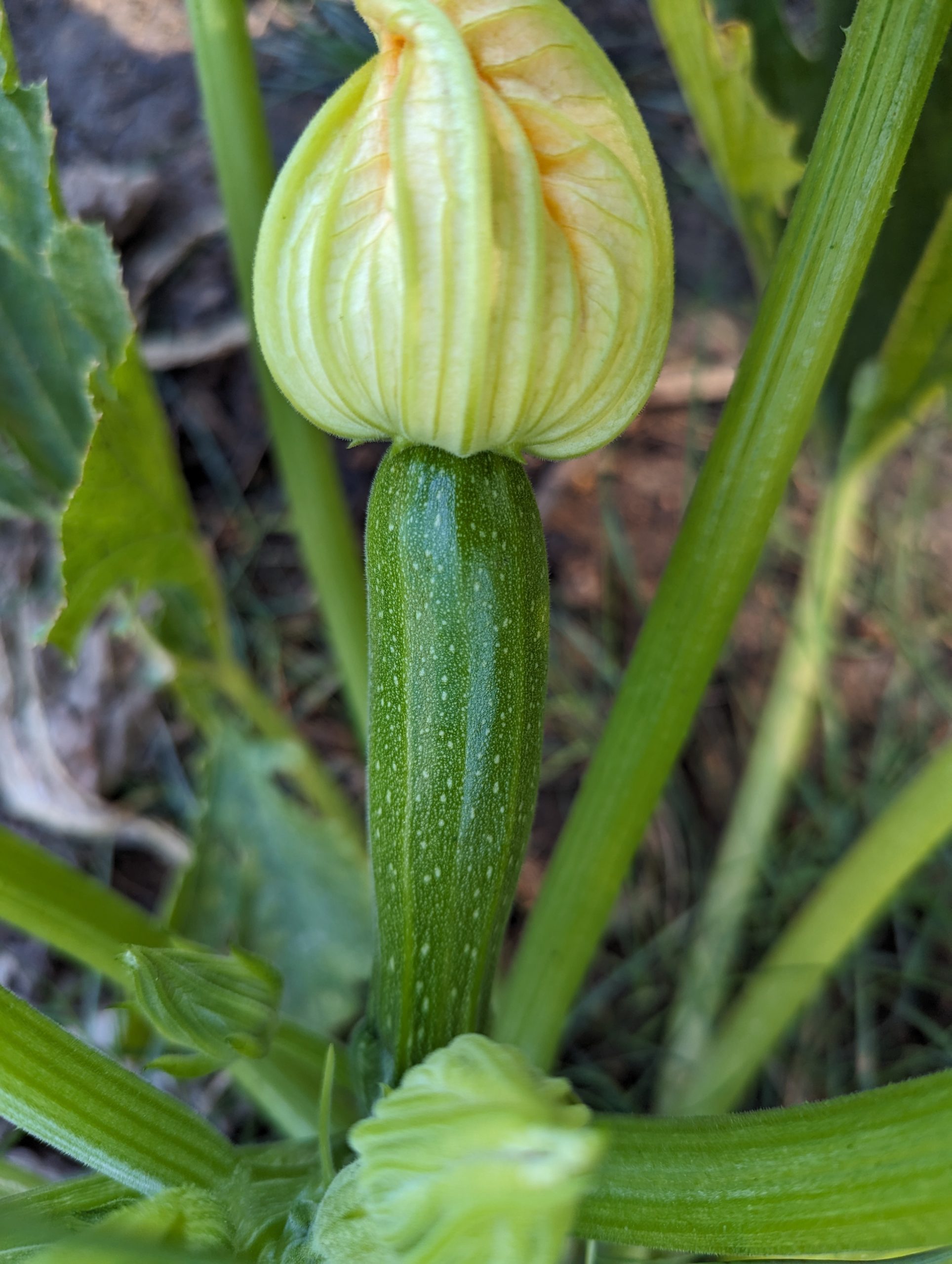When it comes to growing and enjoying zucchinis, many gardeners and culinary enthusiasts might not realize that size matters—quite significantly, in fact. Zucchinis are a versatile and delicious vegetable that can be used in a variety of dishes, but their size can greatly affect their taste, texture, and culinary potential. In this article, we will explore why size matters when it comes to zucchinis and how to make the most of these green gems in your garden and kitchen.
- Flavor and Texture
One of the key reasons why size matters with zucchinis is the impact it has on flavor and texture. Smaller zucchinis, typically measuring around 6 to 8 inches in length, are known for their tender, delicate flesh and mild, slightly sweet flavor. As zucchinis grow larger, they tend to develop a tougher texture and may become more bland or even bitter in taste. This is because the seeds and flesh of larger zucchinis can become denser and less palatable.
- Versatility in Cooking
Smaller zucchinis are incredibly versatile in the kitchen. They can be sliced into thin rounds and used raw in salads, grated into fritters, or sautéed with a variety of seasonings. Their mild flavor allows them to blend seamlessly into various recipes without overwhelming other ingredients. On the other hand, larger zucchinis may require more effort to remove seeds and tougher skin, limiting their culinary applications.
- Nutritional Value
When it comes to nutritional value, smaller zucchinis often have an advantage. While zucchinis of all sizes are low in calories and packed with essential nutrients like vitamins A and C, potassium, and fiber, smaller zucchinis tend to have a higher concentration of these nutrients per bite. This means that you can enjoy a more nutrient-dense meal by incorporating smaller zucchinis into your recipes.
- Ease of Harvest
Managing the size of your zucchinis also makes harvesting easier. Smaller zucchinis are often more accessible on the plant and are less likely to hide beneath the large leaves. This makes it simpler to identify and pick them at their peak freshness, ensuring a better-tasting and more tender crop.
- Preventing Waste
Cultivating smaller zucchinis can help prevent waste in your garden. When zucchinis grow too large, they can become woody and unappealing, leading to a higher likelihood of being discarded. By focusing on harvesting smaller zucchinis, you can reduce waste and make the most of your garden’s yield.
- Continuous Production
Harvesting smaller zucchinis can also promote continuous production throughout the growing season. Regularly picking smaller zucchinis encourages the plant to produce more flowers and fruit. This means you’ll have a steady supply of fresh zucchinis to enjoy in various dishes.
Conclusion
In the world of zucchinis, size indeed matters. Smaller zucchinis offer superior flavor, texture, and versatility in the kitchen, making them a preferred choice for many gardeners and cooks. By focusing on cultivating and harvesting smaller zucchinis, you can enjoy a more delicious and nutritious crop while reducing waste and ensuring a bountiful harvest throughout the growing season. So, next time you’re in your garden or at the market, remember that when it comes to zucchinis, smaller is often better for both taste and culinary creativity.





